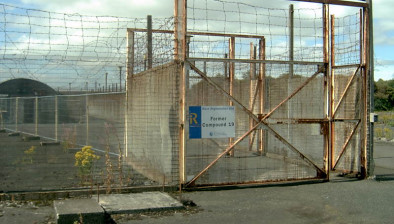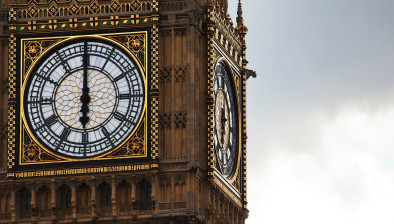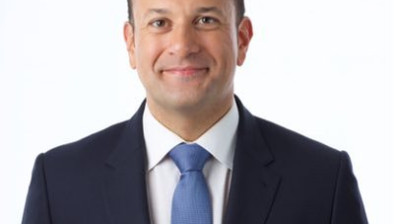UK: Critics argue investigation into judicial review a foregone conclusion

A former Conservative minister is to lead an investigation into the scope of judicial review.
Lord Faulks has been appointed to head the panel, which also includes Dundee University’s Professor Alan Page, Vikram Sachdeva QC, Professor Carol Harlow, an honorary QC, of the LSE, and Celina Colquhoun, a planning law barrister.
Some believe the review comes in response to frustration in Downing Street over perceived judicial overreach in the wake of last year’s prorogation litigation.
Labour’s David Lammy, shadow justice secretary, questioned Lord Faulks’ independence and suggested he has already concluded that the power of judges should be curbed by Parliament.
Lord Faulks will be joined by two other lawyers on the six-member panel that will “consider whether the right balance is being struck between the rights of citizens to challenge executive decisions and the need for effective and efficient government”.
The Ministry of Justice said the review will make recommendations as to whether judicial review should be put on a statutory footing and whether judges should have any say on certain government decisions.
“Judicial review will always be an essential part of our democratic constitution,” said Justice Secretary Robert Buckland QC MP. He added that it plays a vital role in “protecting citizens from an overbearing state”.
He added that the review “will ensure this precious check on government power is maintained, while making sure the process is not abused or used to conduct politics by another means”.
In a paper on judicial review written last year for the think tank Policy Exchange, Lord Faulks stated: “Parliament might want to legislate to protect other, related prerogative powers. Legislation of this kind may be the only way to limit the courts’ incursion into political territory.”
Mr Lammy said: “Appointing someone who wrote that parliament should legislate to limit judicial review after the prorogation case to chair the panel examining it raises serious questions over its independence. This is a blatant attempt to disempower the public and hoard more power in No 10.”
Amanda Pinto, QC, the chairwoman of the Bar Council said that the government “should regard it as a prized possession because it enables citizens to hold the state to account effectively and to ensure that it uses fair procedures every day. Without it, the rule of law and separation of powers will be undermined and, without them, we may as well wave goodbye to a functioning democracy”.








